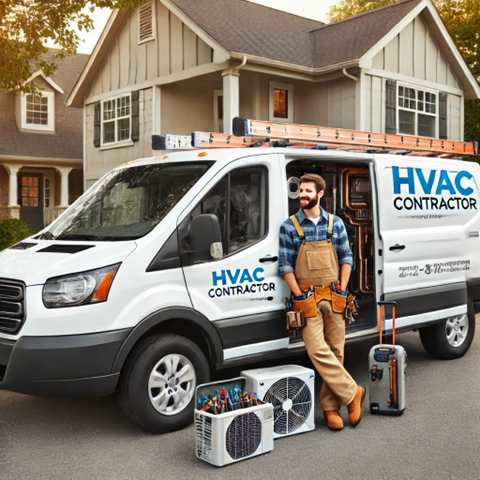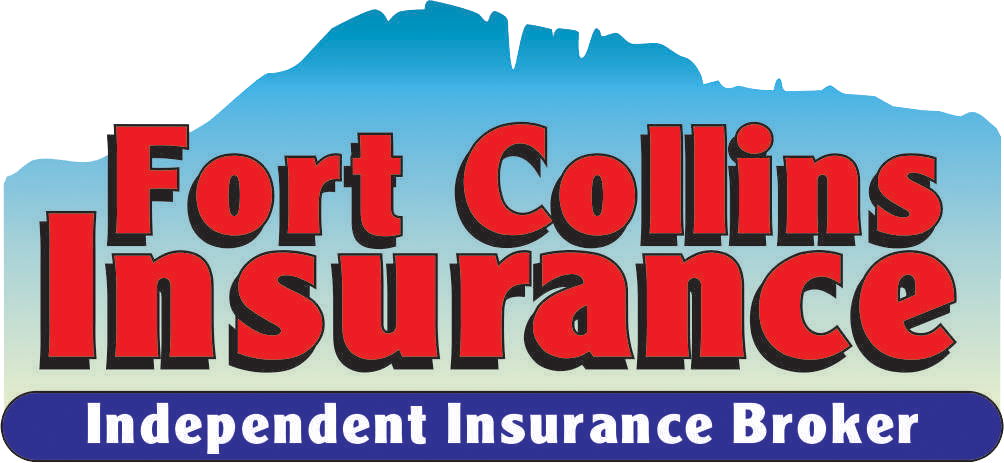
As an HVAC contractor, running a successful business involves more than just providing excellent services—it also means protecting your company with the right insurance. From liability concerns to ensuring your equipment is covered, there are various policies you need to consider. In this FAQ, we'll cover the most common questions HVAC contractors have about insurance, including general liability, commercial auto, inland marine, workers' compensation, and umbrella insurance.
1. What Kind of Insurance Do I Need for an HVAC Business?
To fully protect your HVAC business, you'll need several types of insurance:
- HVAC General Liability Insurance: This policy covers third-party injuries and property damage that may occur while performing your work. For example, if you accidentally damage a customer's property or someone gets hurt at a job site, your HVAC liability insurance will cover legal costs and claims.
- Commercial Auto Insurance: This coverage protects vehicles you use for business purposes. HVAC contractors often rely on vans or trucks to transport equipment, and HVAC business insurance for your vehicles ensures you're covered in case of an accident.
- Inland Marine Insurance: This policy covers tools and equipment while in transit or stored at job sites. This coverage is essential for HVAC contractors, where tools and specialized equipment are vital to business operations.
- Workers' Compensation Insurance: This is a legal requirement if you have employees. Workers' comp provides benefits like medical care and lost wages if an HVAC technician is injured on the job.
- Umbrella Insurance: Umbrella policies provide additional liability coverage beyond the limits of your other policies. This is especially useful for HVAC contractors who want extra protection in the event of significant claims.
2. What Does General Liability Insurance Cover for HVAC Contractors?
HVAC general liability insurance protects you from the most common risks associated with your business, including:
- Bodily Injury: Covers medical expenses if a client or third party is injured on your job site.
- Property Damage: Protects you if you accidentally damage a client's property while installing or servicing HVAC systems.
- Completed Operations: This covers you if something goes wrong after the job is done, such as equipment failure that leads to damage or injury.
In short, general liability is essential for covering your bases in case of unforeseen accidents or mistakes.
3. Why Do I Need Commercial Auto Insurance for My HVAC Business?
HVAC contractors rely on trucks and vans to transport heavy equipment and tools. Commercial auto insurance is crucial because it covers your business vehicles in case of accidents, theft, or damage. Your personal auto insurance won't cover you if the vehicle is being used for business purposes, so securing a commercial insurance policy is a must.
4. What is Inland Marine Insurance, and Why Do HVAC Contractors Need It?
As an HVAC contractor, your tools and equipment are the backbone of your business. Inland marine insurance covers your tools and equipment in transit or stored at job sites. Since HVAC contractors often transport valuable gear between jobs, this coverage is essential to protect against theft, loss, or damage.
5. What Does Workers' Compensation Cover in the HVAC Industry?
Workers' compensation insurance is legally required for HVAC businesses with employees. It covers medical expenses, rehabilitation, and lost wages for employees who are injured on the job. For HVAC technicians who frequently work with heavy equipment and in physically demanding environments, workers' comp ensures that your employees and your business are protected if accidents occur.
6. What is Umbrella Insurance and How Can It Help My HVAC Business?
Umbrella insurance provides extra liability protection beyond the limits of your existing policies, such as general liability and commercial auto insurance. For HVAC contractors, umbrella insurance is a wise investment because it protects you from significant financial exposure if a claim exceeds your primary insurance limits. For example, if a lawsuit costs more than your general liability policy covers, an umbrella policy kicks in to cover the remaining amount.
7. How Much Does HVAC Contractor Insurance Cost?
The cost of HVAC contractor insurance varies depending on several factors:
- Business Size: Larger businesses with more employees or vehicles will typically pay more.
- Type of Work: More complex or high-risk HVAC work may increase your premium.
- Coverage Amounts: The more coverage you need, the higher the cost.
On average, HVAC business insurance costs can range from $1,500 to $4,000 annually, depending on your specific policies and coverage limits.
8. How Can I Lower My HVAC Contractor Insurance Costs?
To reduce your HVAC contractor insurance cost, consider these tips:
- Bundle Policies: Many insurance providers offer discounts if you bundle general liability, commercial auto, and workers' compensation policies.
- Safety Measures: Implement safety protocols and training to reduce workplace accidents, which can lower your premiums over time.
- Increase Deductibles: Choosing a higher deductible on your policies can help lower your monthly premiums.
9. Where Can I Get Customized HVAC Contractor Insurance?
It's essential to work with an insurance broker who understands your industry for tailored coverage that meets your HVAC business needs. At Fort Collins Insurance, we specialize in insurance for HVAC contractors, offering everything from general liability to umbrella insurance. Contact us today for a personalized quote and ensure your business is fully protected.
